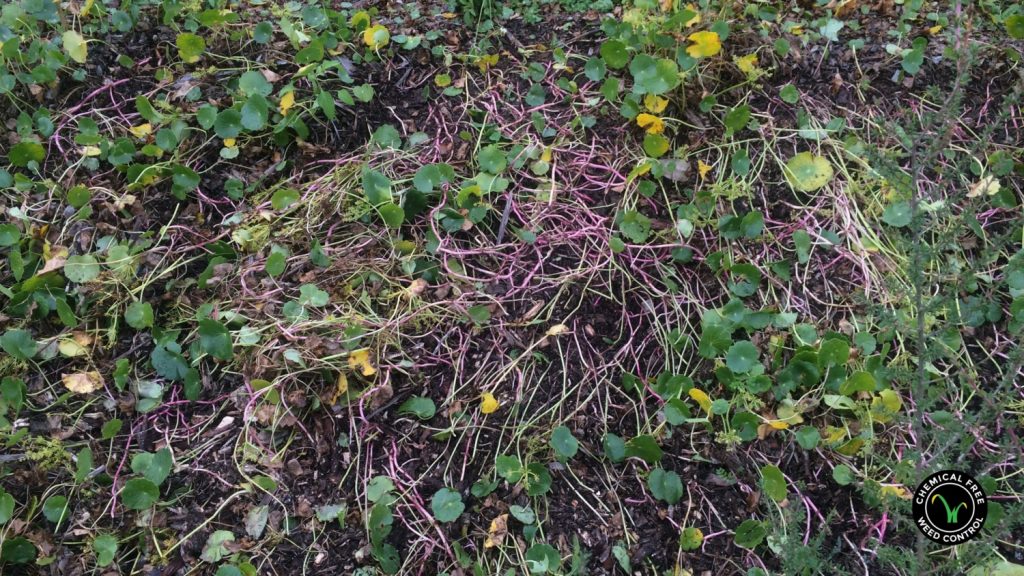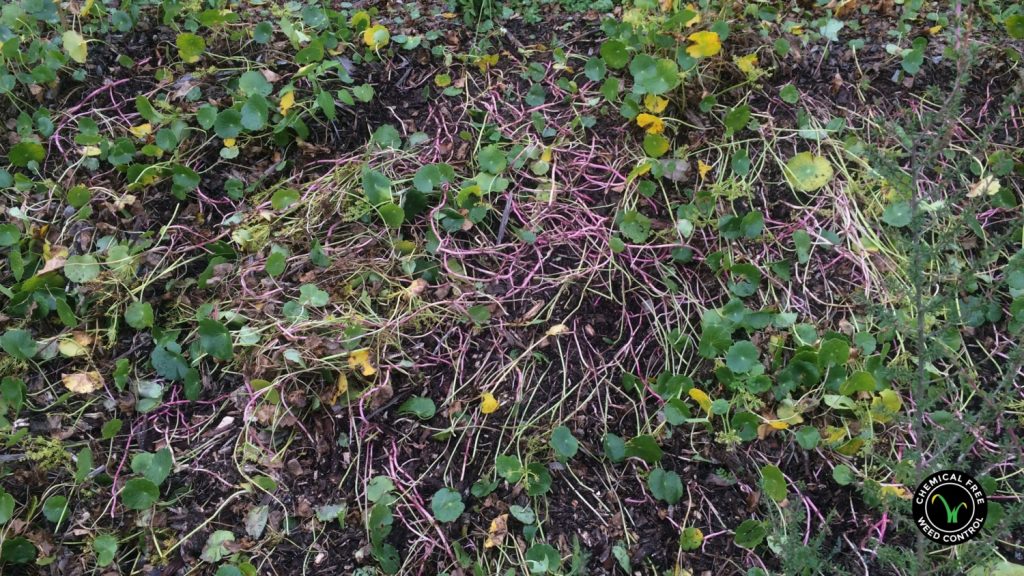[vc_row][vc_column][/vc_column][/vc_row]
Soil plays an important role in agriculture and environmental science. It is the foundation of our food system and is a critical component of maintaining the balance between the ecosystem and the climate. However, recent years have seen the devastating effects of humans on soil health. From the application of hazardous chemicals to mindless tilling of the soil, it won’t be long until we see the collapse of our soil systems.
As one of the pioneers of using sustainable methods of weed control, Satusteam™ ensures that you can get rid of those pesky weeds without sacrificing the integrity of the soils. We’ll go into details on how chemical methods can affect the soil quality and how Satusteam™ works to maintain it.
How Do Weeds Affect Soil Quality?
Weeds don’t directly affect the soil quality but they’re detrimental to the plants, nevertheless. They do damage by outcompeting the crops or plants for nutrients present in the soil. For instance, the weeds can absorb moisture out of the soil and send it out into the atmosphere around the plants.

When this happens, the humidity around the plant increases. When too much moisture is present around the plant, it becomes a breeding ground for fungi and other microorganisms to grow around the plant. These microorganisms can severely damage the plants, causing sickness and withering of the crops.
Aside from moisture, weeds can also compete for other essential nutrients in the soil. One example of this is calcium. Calcium is a macronutrient needed by the plant to build their cell walls and enhance their metabolic processes. When weeds compete for calcium, the plants may weaken, leading to a malnourished or weakened plant.
How Do Chemical Herbicides Affect The Soil?
Chemical herbicides affect the soil more directly than weeds. Herbicides such as glyphosate, glufosinate, imazapyr, and dicamba have been shown to have severe detrimental effects on the quality of the soil. For instance, these herbicides can remain in the soil for a very long time until the next rain or irrigation where they become eroded or translocated to another location. They can either react with other chemicals found on the soil, or expose several microorganisms long enough for them to develop herbicide resistance.

Aside from erosion, glyphosate is a patented chelator – it binds into calcium and prevents it from being available to all plant materials. As mentioned, when plants lack calcium, they lose the integrity of their cell walls and they become susceptible to different microbial and fungal attacks.
Prolonged exposure to glyphosate also affects the soil microbiota. Glyphosate can kill beneficial microorganisms that help with plant metabolism. Over time, soil health may suffer due to this loss and it’ll become nothing but a heap of dirt.
The Department of primary industries and regional development of government of WA has released an article one how
Herbicides have the capacity to move in the environment away from the target area, and to cause damage to non-target plants and animals
Read the full article here
Satusteam™ and Soil Health
Satusteam™ is a game-changer in sustainable weed control methods. It is a mixture of saturated steam and boiling water that destroys weeds without sacrificing soil health and sustainability. Satusteam™ ensures that the soil remains intact and healthy while destroying annoying weeds that compete with crops for nutrients. Satusteam™ does so by exposing the weeds to high temperatures, around 90 to 120 degrees Celsius, and exploding their plant cells. The weeds wither, and they’re left in a condition where it’s easy for microorganisms to consume them. Once broken down, the wilted weeds contribute to the nutrients present in the soil, enriching it for crops and vegetables. Read more about Weedtechnics patented technology here.

Aside from destroying the weeds, Satusteam™ ensures that no further damages are done to the soil. Satusteam™ is a surface treatment, it doesn’t penetrate deep into the root system (only 5 to 10 mm deep). Thus, the soil experiences no significant changes in temperature.
Of course, there are special occasions when it’s necessary to penetrate deep into the root zone. These occasions include killing deep-rooted or fibrous weeds that persist even after being exposed to Satusteam™.
Satusteam™ and the Future of Soil Sustainability
Satusteam™ will be an integral part of the future of soil sustainability. It directs our attention away from using chemical herbicides to more natural and sustainable methods. It uses saturated steam and boiling water, which proves to be non-detrimental to crops and horticultural produce. As we know, chemicals end up in packaged foods that lack nutritional value, leading to some of the most common western-dietary diseases. These chemicals also degrade the quality of the soil, costing us more than what we gain from it. Sooner or later, prolonged use of these dangerous chemicals can trigger a multitude of problems that are impossible to solve.Satusteam™ sits at the forefront developing methods for sustainable horticulture. It keeps our food safe while keeping the integrity of our soils intact and healthy.

Conclusion
At the end of the day, soil health and sustainability will depend on how we utilize it today. It’s important to educate people about the dangers of using chemical herbicides and the chronic effects it has on humans and the environment. It’s equally important to impart how beneficial it is to start using saturated steam as a sustainable alternative to these herbicides. Not only does Satusteam™ improve the soil quality, but it also helps the plant become healthier and more sustainable.

